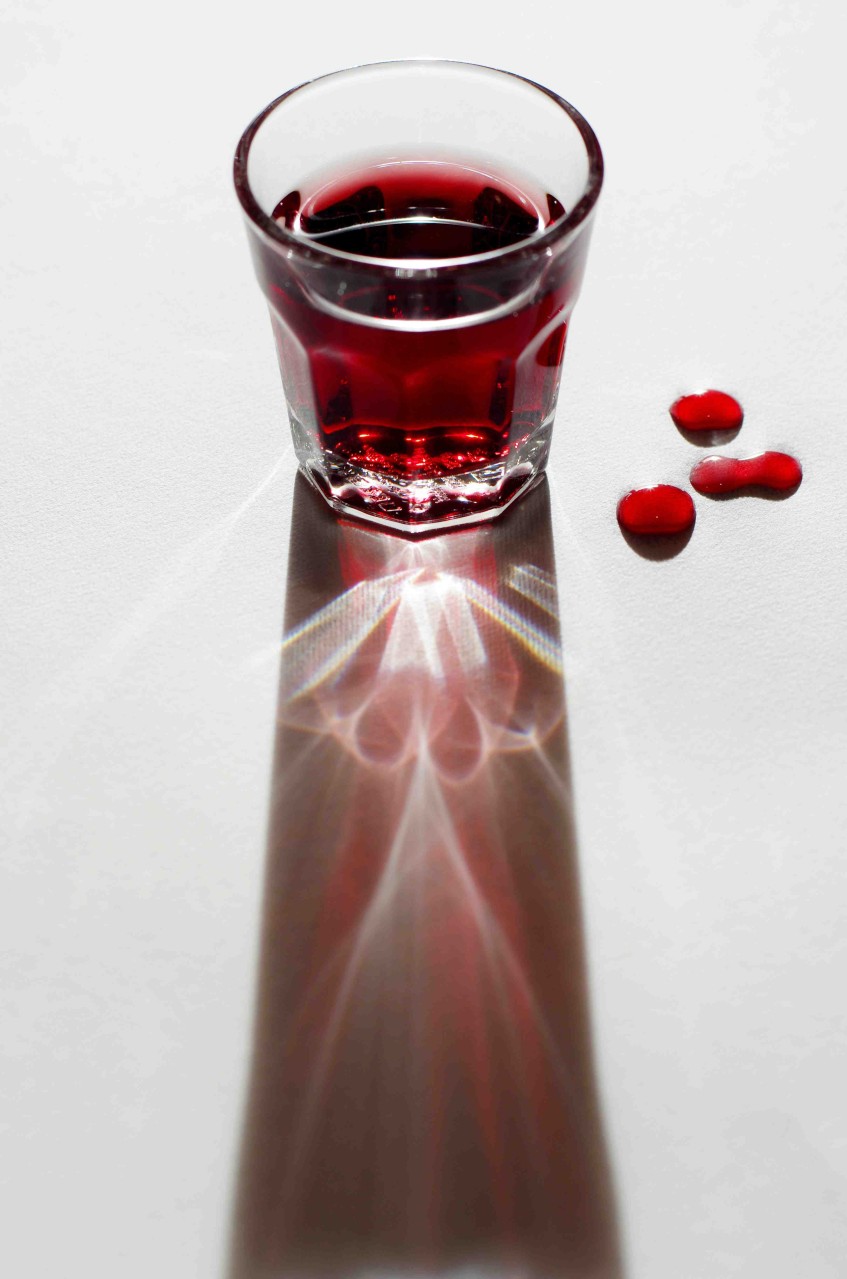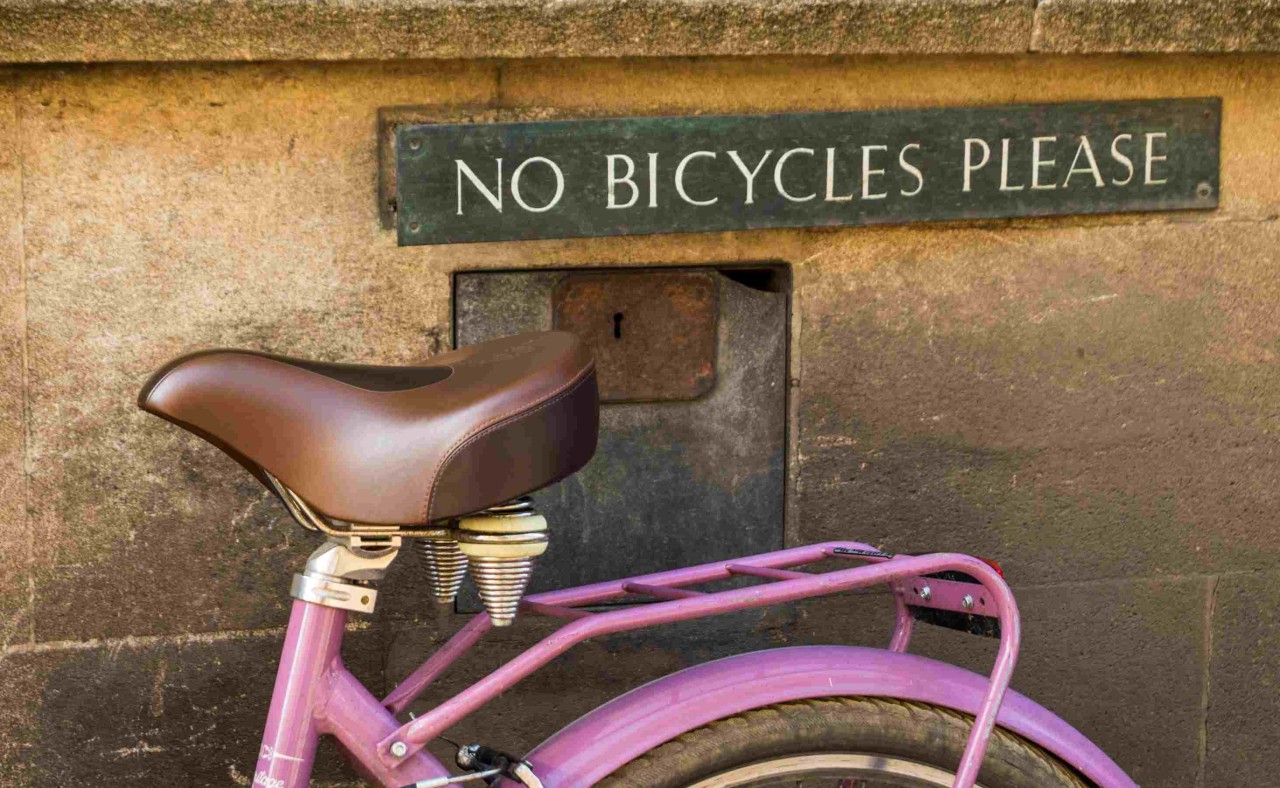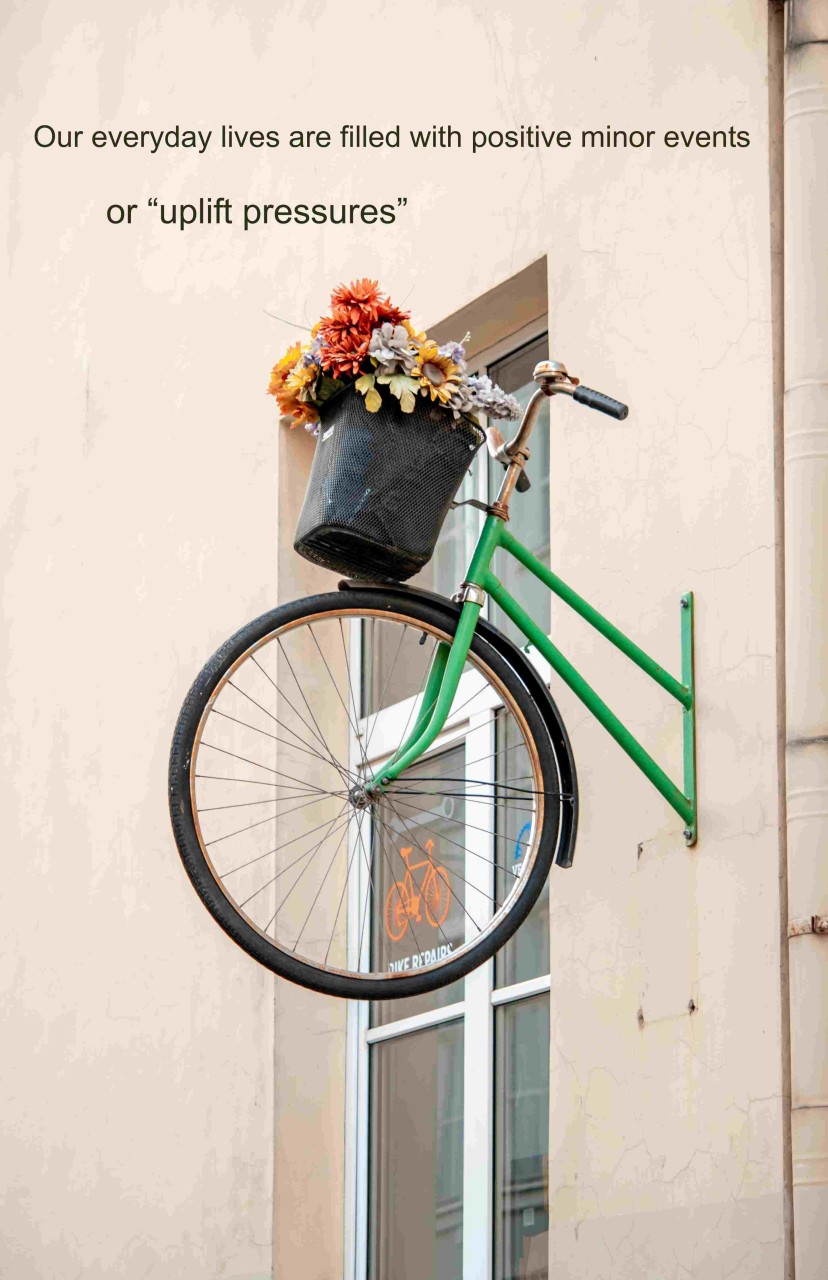Pressure we feel everyday pt 2
Pressure inside us propels us to perform things that we need to do each day.
Everyday tasks at home and at work usually involve minimal pressure, just enough force to nudge you along a well-trodden path.
These lightweight "habit pressures" are familiar and routine, little or no conscious effort is needed.
Habit pressure occur for us when we often repeat doing thing again and again, or are triggered at regular intervals such as brushing your teeth or making refreshment for others at work.
Over time, repeating habit pressures become very familiar, improving our ability to perform them perfectly.
We all have habits and we activate hundreds of these every day. These micro pressures are like pressure oil that greases the "routine wheel's" that drive forward your typical day.
Photo by Mike Hindle on Unsplash
They are tiny, short lived that are simple to do, happening automatically, without much thought. Such tasks lack emotions unless something unexpected happens, such as noticing some blood when brushing your teeth or no milk in the fridge when making a cuppa at work.
You are motivated to so these tasks by internal rules to follow: "keep clean and hydrated". They tend to be hidden from us, our conscious focus is usually mostly elsewhere. When we experience micro pressures we on full "automatic pilot".
We simply don't notice the mechanics of these tasks. Some habit micro pressure such as brushing our teeth or making coffee at work: feel like they have always been part of our lives
Photo by Marco Bianchetti on Unsplash
Discovering blood when brushing changes the task from micro to mini task. " is something wrong ? ".
Experiencing a health concern is not stress but a health scare is. Feeing scared means you feel threatened by the worry that blood present is dangerous to you.
Making refreshments at work, can change from micro to a mini pressure if the pressure experienced is a much heavier weight or demand on your internal thinking processes, such as making refreshments for other work colleagues.
You need to remember who wants what, sugar or milk ? how much ?
Pressure intensifies when the demand of the task is greater. The task demands greater use of your short term memory.
If blood is present when brushing the worry thought may repeat and dwell on your mind. Overthinking (going over the same thought again and again) will limit your capacity to remember those refreshment orders. You are unable to make drinks for others when you cannot stop health worry thoughts, just as remembering seven people's drinks is more demanding than two.
Photo by Stephen Phillips - Hostreviews.co.uk on Unsplash
Mini pressure happen when routine task are unfamiliar, more complex and take longer to complete. It is pressure not stress when you fully use your concentration to the task at hand. Mini pressures can be casual conversations at work, or watching TV in the evening: they do not take too much attentional space, allowing us to engage in more than one activity. However mini pressures such as cooking a meal at home or consulting your unread emails at work, do demand more of your attention.
In our lives, day to day mini pressures can develop over time. We make decisions on how much time to allocate to a task. In modern life, time is precious, increasingly our time is being squeezed at work and at home.
For example let's take monitoring your work emails or notifications . How many emails do you get sent everyday ? A simple micro pressure of reading your emails, changes into a mini pressure : up goes the pressure when you prioritise emails by a quick scan read, selecting only the important ones, then skim reading each one to pick up any important messages. The absorbing those details, think of your answer, then reply after checking it is accurate and to the point.
Photo by Conscious Design on Unsplash
At home, cooking your evening meal is pressure. Time is short. so convenience meals are the answer. Simple to cook, needs little preparation and "quick to the plate". Micro pressure cooking tasks are all that is needed.
However you may feel your meal is far better if you cook "from scratch".
Understanding the mini pressure of home cooking is better understood in regards how much you are in control of the cooking process and the timing of a number of tasks. You decide what ingredients to buy, the cooking method. Shopping and cooking takes time. So less time free for other things that evening.
Cooking your meal from scratch: Is it worth it?
If you answer is yes, then it is likely that cooking is not the pressure of having to do the cooking: a task you do not much want to do. You want to eat the food but not the effort of preparation.
If you like cooking, then the cooking task itself is pleasurable for you. The pressure feels pleasing. The task is enjoyable. A mistake in cooking is a positive challenge. It does not stop there, think of the pleasure when your friends and family appreciate your meals, it feels good ?
How much pressure is present depends on your internal standards. Pressure is low when you prefer your meal to be "good enough": warm, edible, not burnt and satisfies your hunger pangs. Pressure is intense when you must follow the recipe precisely, making no mistakes, using the finest ingredients and the plate looks "picture perfect".
Photo by Ian Barsby on Unsplash
There are other pressure habits we try to perform on a regular basis, which we believe they are beneficial for us. We all possess our internal personally unique "standards" in our lives which we continually strive to achieve. Personal standards are the internal rules that you set for yourself.
Deep seated rules are very rigid that hold for most of your life, More recently acquired rules tend to be more flexible, responding to the situation. These internally generated rules set the standard on the time you are prepared to concentrate when a task needs to be completed, the quality of the work you feel is needed, the risks you are prepared to take to complete the task on time, or how tolerant you are of others when performing a job, such as your line manager who directs what is expected of you on particular work tasks. The more rigid these rules are for you, pressure increases.
Internal pressure standards also propel us to perform things that we need to do everyday. We work hard on maintaining them in everyday life. Exercising and eating well are examples. However, some habit pressures we can take the opposite form; we feel they are bad for us: such as overspending or drinking too much.
Some are pleasant surprises, others are secret pleasures. These are small bursts sunshine pressures that surprise and delight us.
They are "mini boosts" that make our routine lives more bearable. Such as doing something at work that makes your colleague laugh or completing a home task well such as cooking a new tasty meal that genuinely impresses your family.
Uplift pressures leave us feeling good; they can make you joyful, glad, or satisfied. Uplift pressures are positive experiences. Rather than a weight force bearing down, uplift pressure is an upward force lessening the weight of pressure on us. If this comes from within, we feel joy such your skills cooking that meal or you feel happy when people praise you for a lovely meal.
Uplift pressure, literally lifts our self-esteem, we feel good and more positive about ourself,
Such pressures in our lives are not stress experiences. Pressures are experienced in everyday tasks, jobs or a project we want to achieve at work or in our home lives. The source of our pressure can be driven by our internal standards or external pressure is imposed on us by others such as your line manager or family. We experience subtle pressure all day long. Some are micro pressure habits we perform without much conscious effort, others are familiar tasks we can easily do but need more attention to get it right.
Next time, I will explore pressures in our lives that hit us out of the blue.
Comments
By accepting you will be accessing a service provided by a third-party external to https://www.flashinglightbulb.co.uk/







